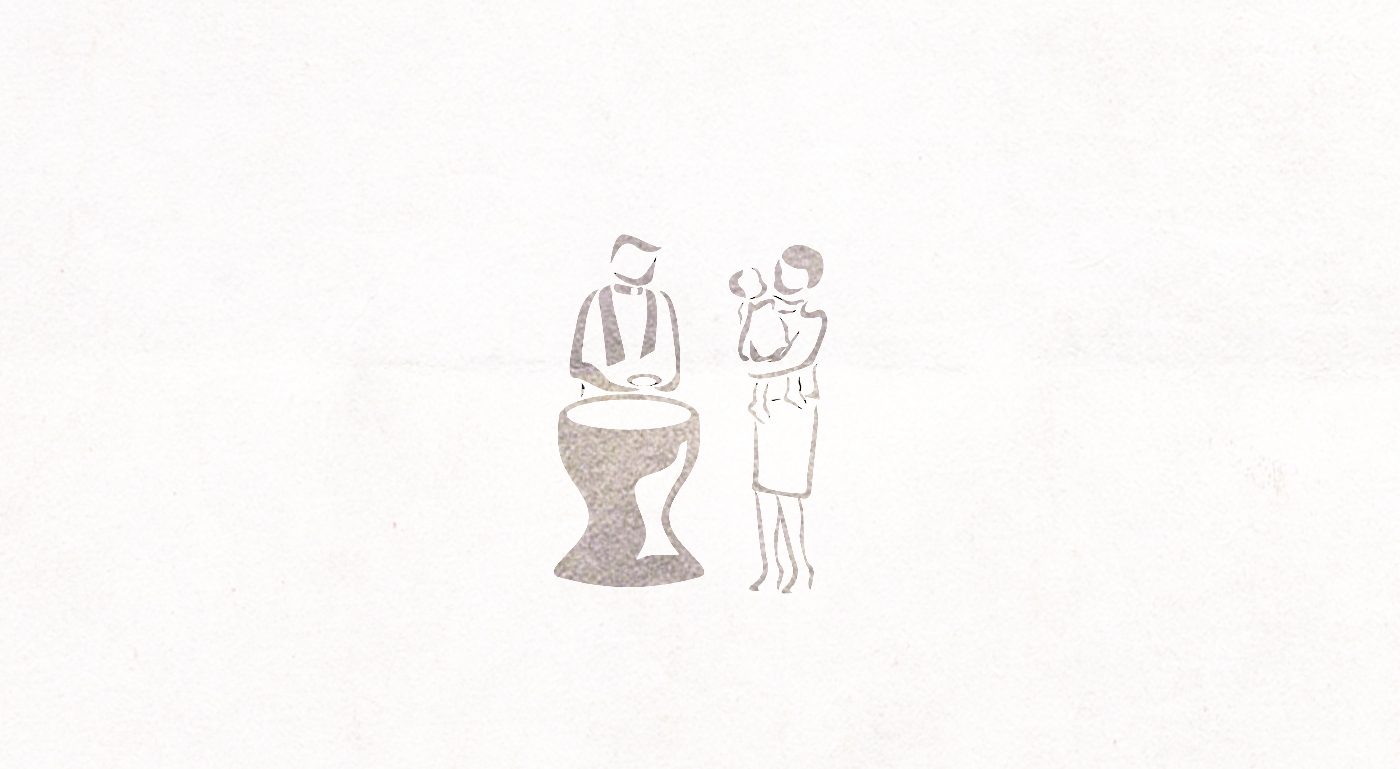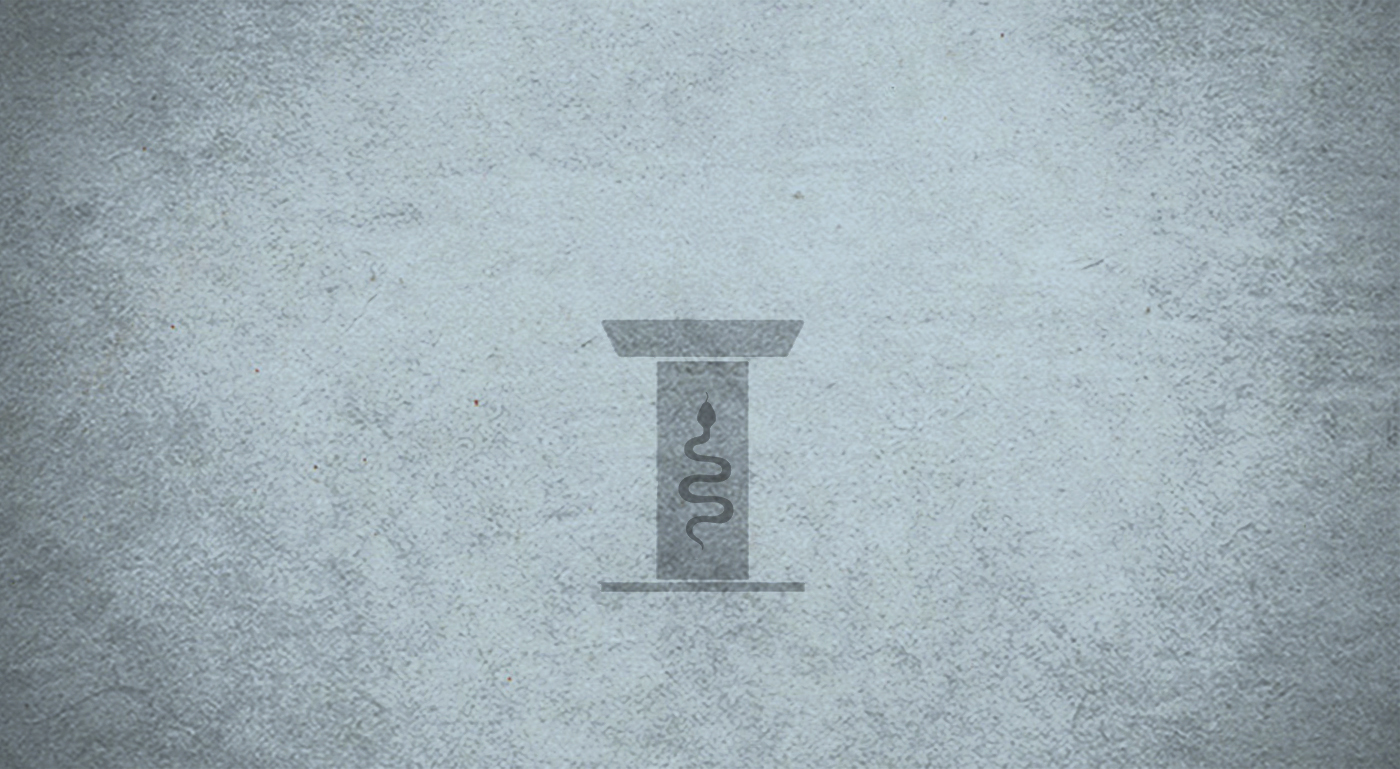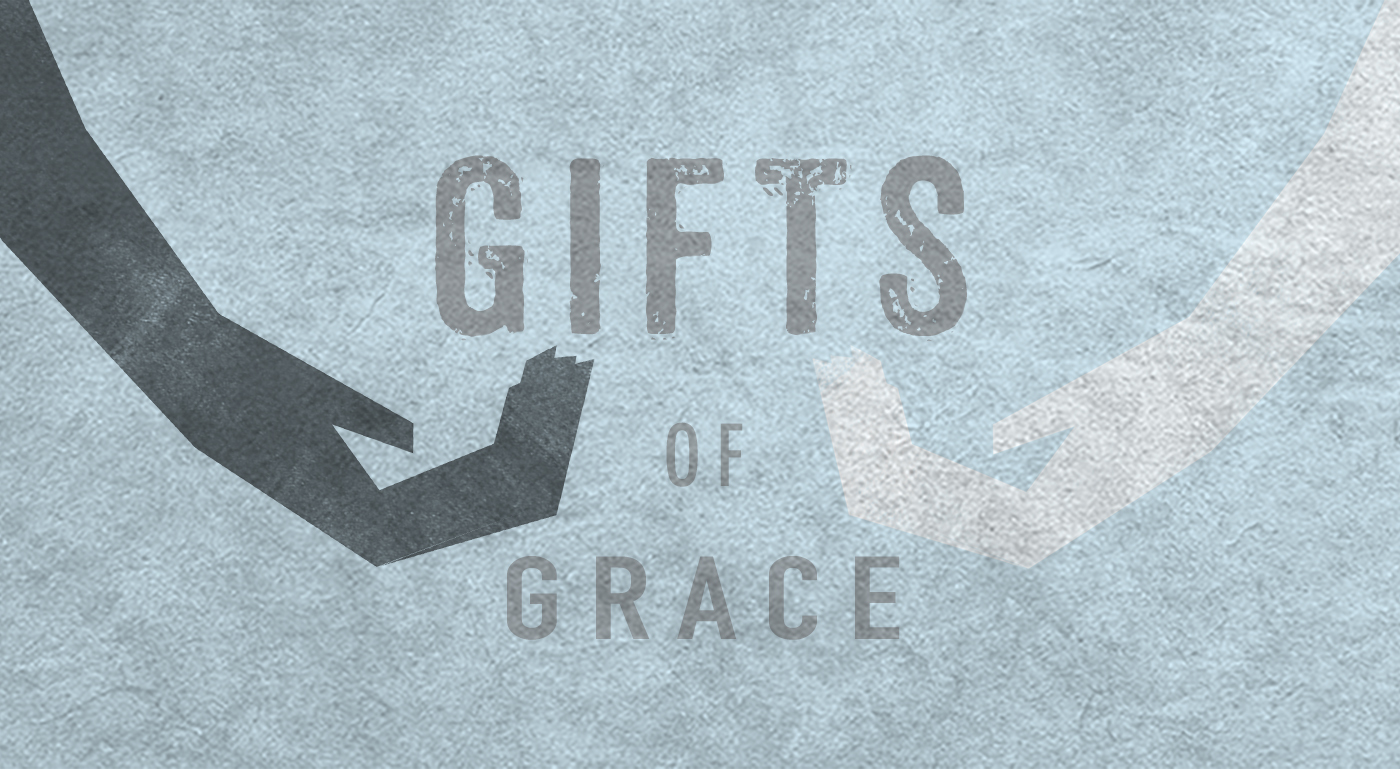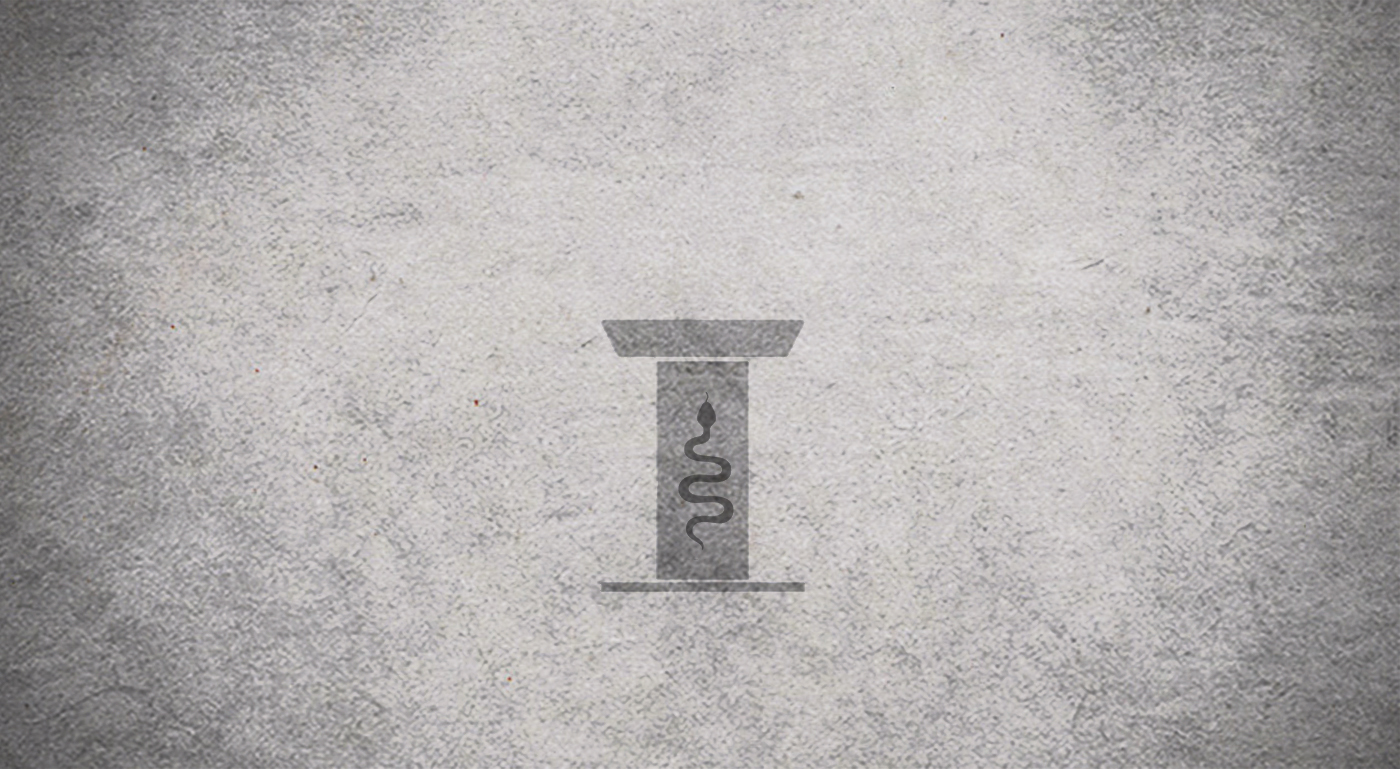
The concept the confessional worship creates an unfamiliar category that challenges the better known ideas of contemporary or traditional. Practically speaking, what is called contemporary or traditional can be very subjective depending on time and place. As such, confessional worship offers a corrective which transcends both categories.

I have something of an aversion to the term paedobaptist (i.e. infant baptist). I don't prefer the terminology because I believe it to be too restictive in nature. I much prefer the term oikobaptist (i.e. household baptist) for a number of biblical and theological reasons.

When preaching is moralistic rather than Christ-centered hearers who possess a seared conscience may develop an attitude of self-righteousness: according to their judgment they are adequately living by God’s rules. Faithful believers with tender consciences may despair because they know that they constantly fall short of God’s standard. In other words, preaching bare moral truths (moralisms) often drives people away from fellowship with Christ.

Did Jesus perform miracles, cast out demons and prophesy by the working of his divine nature or by the power of the Holy Spirit? The answer to this question might surprise many in modern Evangelical and Reformed circles. For years, I responded to that question by saying something like, "Of course, Jesus worked all his extraordinary works of power and prophecy by the working of his divine nature! After all, he is God manifest in the flesh."

Satan doesn't mind expository preaching as long as it misses the main point of God’s word; in fact, Satan himself engages in a form of expository preaching and encourages that form of biblical exposition to be practiced as a means of his deception.




















 © Alliance of Confessing Evangelicals
© Alliance of Confessing Evangelicals


